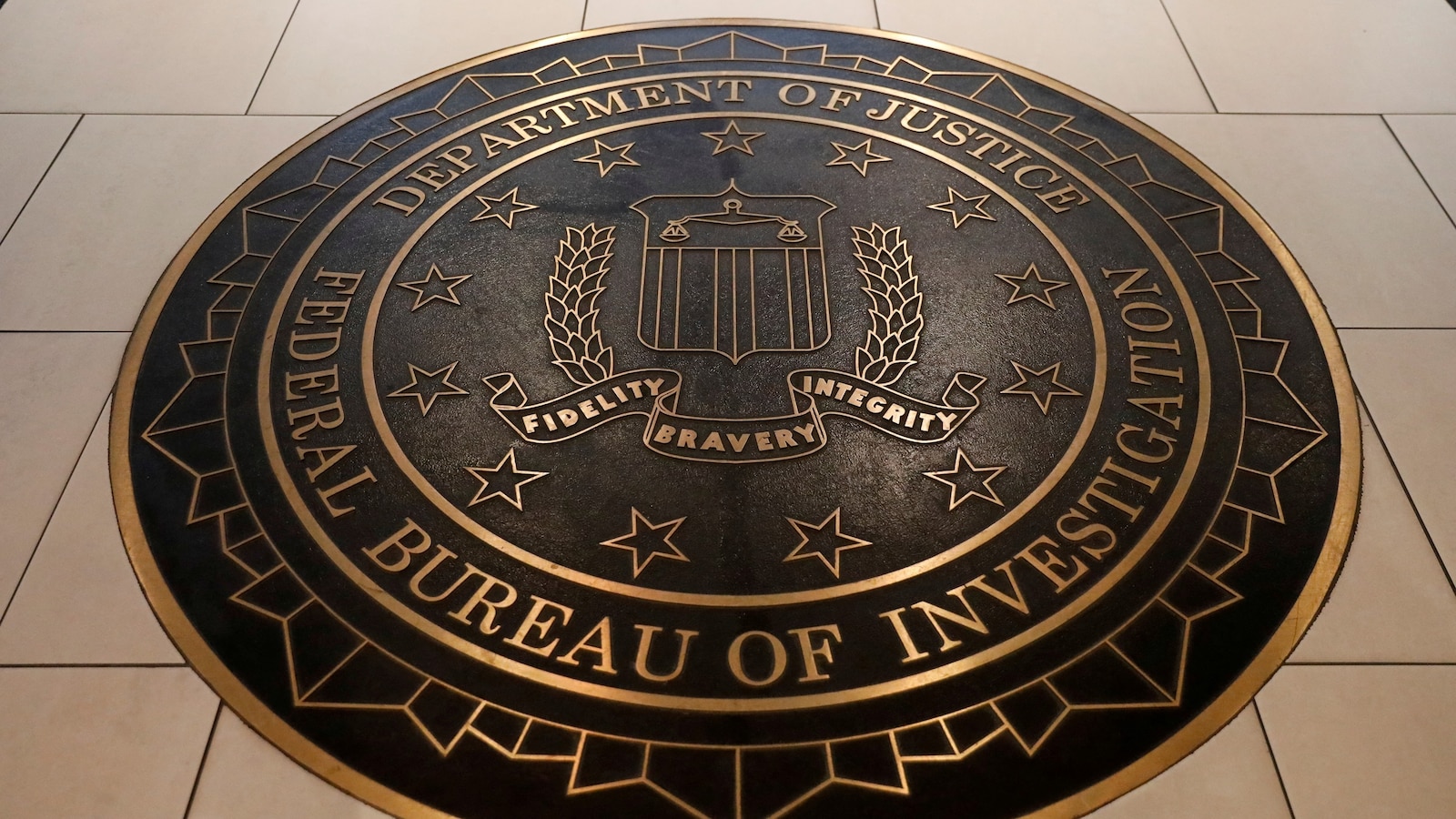Lindell’s Survey Email Raises Security Alarms
In early September, election officials across the U.S. reported receiving emails from the ECB, led and funded by Lindell, which contained a survey requesting detailed information about the officials’ cybersecurity setups. This survey, intended to “secure the upcoming 2024 election,” asked questions related to officials’ personal information, including home addresses and cybersecurity measures within election offices. The email claimed that Lindell’s organization was committed to protecting U.S. election integrity, though many election officials interpreted the survey as misleading and potentially harmful.
Upon learning about the survey, the Center for Internet Security (CIS), a nonprofit focusing on election cybersecurity, quickly issued an advisory. It warned election officials not to click any links or respond to the emails, recommending instead that they report any suspicious messages to their security operations center. CIS, working in tandem with CISA, escalated the issue to federal authorities, underscoring the high level of concern surrounding the survey’s implications.
Cybersecurity Threats Loom as Election Day Nears
The specific language of Lindell’s survey prompted concerns among election officials and cybersecurity experts. Requests for sensitive information, such as cybersecurity protocols, were considered potential security risks that could expose election systems to malicious actors. Marci Andino, vice president of CIS’s Election Infrastructure Information Sharing and Analysis Center (EI-ISAC), expressed urgency in countering any confusion the emails may have caused. “We’re here to strengthen the cybersecurity posture of election officials,” she noted, adding that disclosing sensitive security details could be tantamount to “giving out the front door code to your election.”
Joseph Kirk, an election supervisor from Bartow County, Georgia, echoed the concerns shared by many election officials, saying that sharing specific cybersecurity details could potentially weaken election security. “We’re more protective of our home addresses than ever before, and we don’t want anyone knowing what they need to beat to get into our network,” he said.
Election Officials Face Increasing Threats Amidst Rising Misinformation
The survey controversy is one of many challenges confronting election officials in a year marked by threats and disinformation campaigns. Election workers in several states have faced physical violence threats, with some receiving envelopes containing suspicious powders. These incidents have led election officials to undergo extensive security training, underscoring the toxic environment in which they operate as misinformation spreads across social media and within public discourse.
Amid this landscape, Lindell has consistently maintained that his ECB survey aims to highlight vulnerabilities in the U.S. election infrastructure. While he claims no wrongdoing, federal agencies are proceeding with caution, issuing reminders to election officials about the importance of safeguarding their systems against potential threats.
Foreign Influence and Domestic Tensions Threaten Election Integrity
According to recent intelligence briefings from the Department of Homeland Security, the weeks following the 2024 election may pose heightened security challenges, with domestic and international entities likely to exploit any perceived election irregularities. Experts warn that foreign actors, including those from Russia, Iran, and China, could amplify disinformation campaigns to undermine American democracy. National security agencies, including the Office of the Director of National Intelligence, anticipate that such activities may persist through Inauguration Day, aiming to erode public trust in the electoral process.
DHS’s latest advisories highlight that high-profile figures could continue pushing fraud allegations, which in turn may inspire radicalized actors to take drastic measures. In this tense environment, election officials must remain vigilant, ensuring that cybersecurity protocols remain robust and unexposed to prevent exploitation by foreign or domestic threats.
Looking Ahead: A Crucial Moment for Election Security
For many election security experts, the issue of Lindell’s survey signifies the importance of protecting election data from unauthorized access. Given the polarized atmosphere and potential for misinformation-fueled threats, election offices are on high alert. Lindell, however, maintains that he simply wishes to improve election integrity. “We haven’t done anything wrong, and I’m only trying to help save our country,” Lindell remarked.
As the first major national election since the January 6th Capitol attack in 2021, the 2024 election will test new protocols designed to uphold the peaceful transfer of power. With months to go before Election Day, election officials continue to navigate an unprecedented landscape of cybersecurity threats, disinformation, and safety concerns—all while preserving the integrity of the American democratic process.


